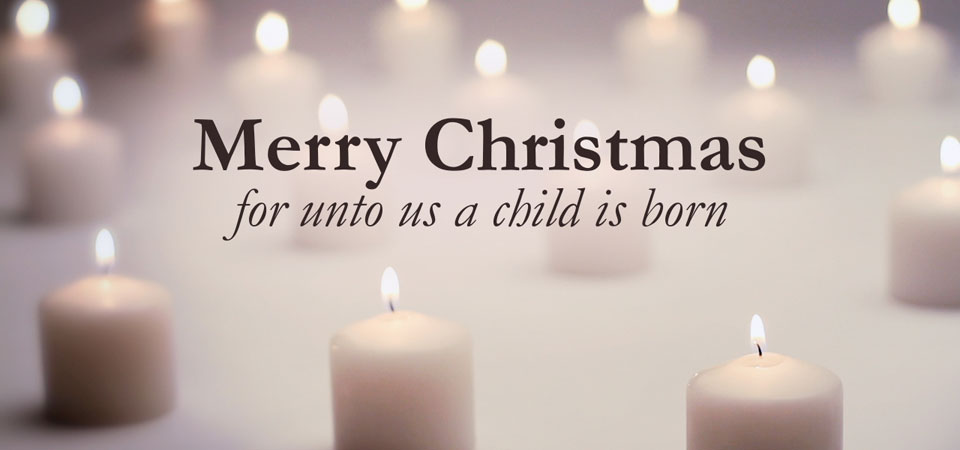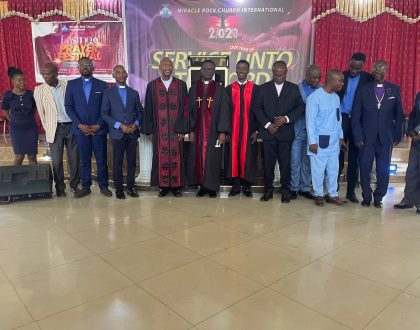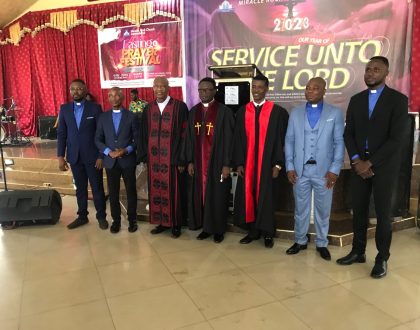Christmas celebration and its significance today

by Ed Arcton
Introduction:
Christmas is being celebrated every year in all the Christian countries around the world to mark the coming of Christ, the Son of God, in a human form to the human world. The word Christmas though very familiar with most us is in use only in the English speaking countries and it is known by different names in different countries. As for examples, Christmas is known as “Yule Day” in Scandinavian countries, “Weihnucht” meaning ‘Holy Night’ in Germany and Switzerland, “Natividad” in Spain, “Natale” in Italy, “Noel” in French, “Baradin” perhaps in India and many others names in different dialects.
The word Christmas actually is a combination of two separate words – “Christ” from the Greek word “Christos” meaning “anointed one” and from the Hebrew “Mas” meaning “Tribute” which together form the word Christmas connoting “Tribute to Christ”. In other word, Christmas is a tribute paid to Christ.
Origin of Christmas:We now have inherited so many Christmas traditions. But it is said that for almost 300 years after the birth of Christ there was no observance of Christmas. As a matter of fact, some of the ancient church fathers held it to be a sin if a man ever celebrated at all the Savior’s birth. No one can tell exactly when Christmas celebration originated.
The only fact available to us is the record of a physician turned Evangelist Luke telling us that it was by night when some shepherds living out in the fields, keeping watch over their flock, an angel of the Lord stood before them, the glory of the Lord shone around them and announcing to them the birth of Christ the Lord and Savior in the city of David (Luke 2.8ff.).
Christmas was observed on different days in the past. The observance of December 25 most probably took place in Rome in A.D. 325 under the pursuance of a Christian Emperor in the person of Constantine and by the decree of Bishop Liberius of Rome in A.D. 354. The early church fathers probably chose December 25 as the feast of the Sun or Winter Solstice was a familiar Roman pagan feast celebrating the Victory of Light over Darkness. This idea, though, was rejected at the famous council of Nicaea in A.D. 325, is understandable that the church intentionally opposed it to mean that the pagan festival SUN was foreshadowing the birth of Christ as prophesied by prophet Malachi as the SUN of RIGHTEOUNESS (Mal. 4.2). A righteous and devout man Simeon in the Gospel also affirmed Jesus Christ as “A light for revelation to the Gentiles” (Luke 2.32;cf. Matt. 4.16; 1 John 1.5).
Significance of Christmas Today:
Much traditions, customs and legends have been adapted in the celebration of Christmas in our day. In whatever way and manner we may celebrate Christmas in our day and even in the days to come. But, one thing, we all must be clear about is that the meaning and significance of Christmas should never be deviated.
As it has been pointed out earlier, the first ever celebrated Christmas was the account given by Evangelist Luke in his Gospel Chapter 2. The first ever Christmas message brought by the angel with a multitude of heavenly host was, “…on earth peace among men…” (Luke 2.14). Peace is a gift of Jesus Christ. His birth was prophesied by the Israelite prophets as “The Prince of Peace” (Isa. 9.6; Mic. 5.5).
Recommended Posts

THE CHALLENGE AND URGENT NEED
May 29, 2023

The Workers Are Few.
May 29, 2023

Graduation and Ordination Service
May 28, 2023
